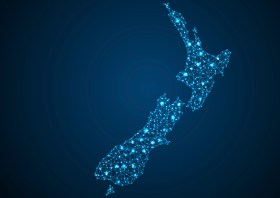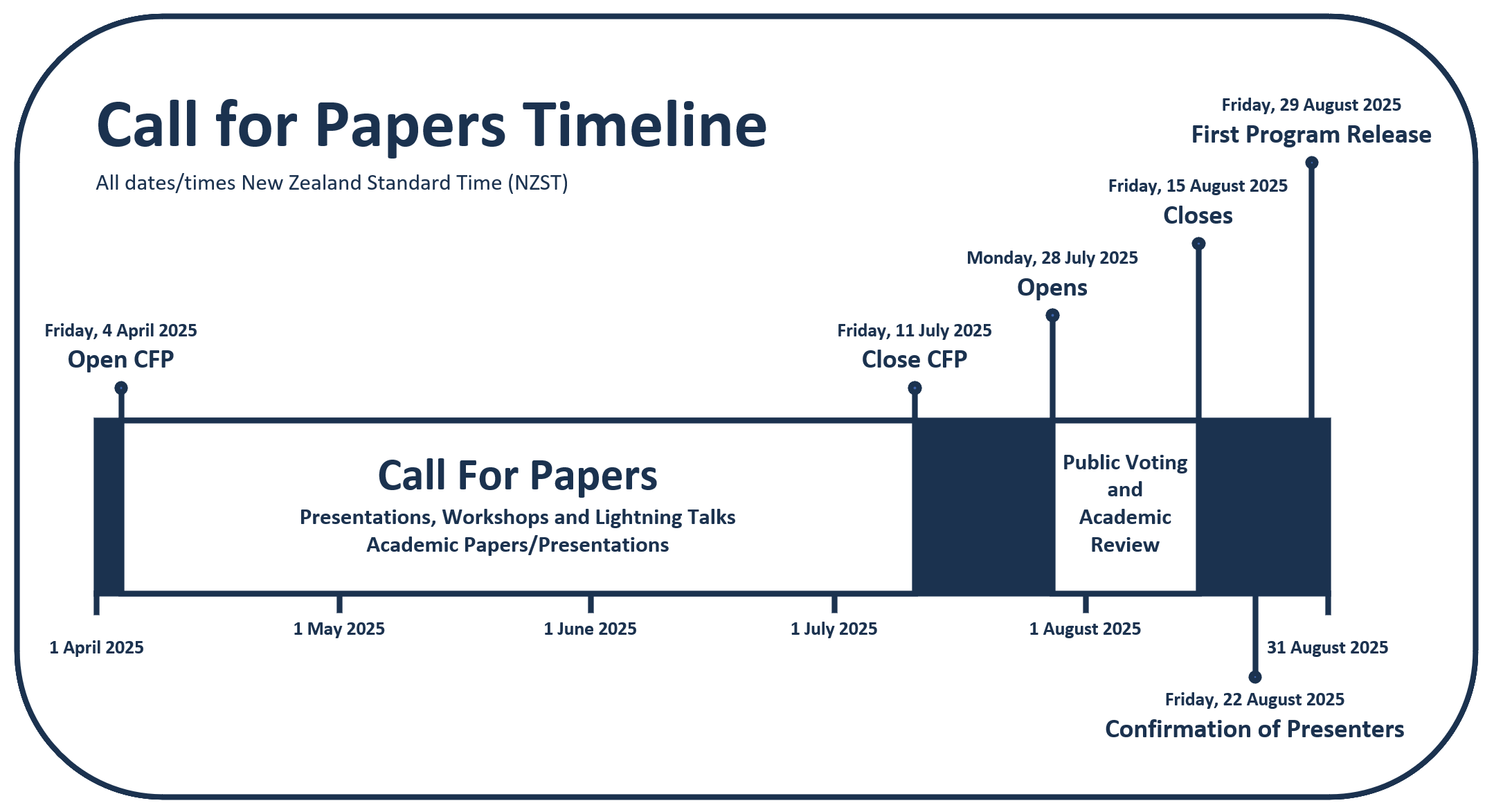
GIScience 2025, the 13th International Conference on Geographic Information Science, will be hosted by the University of Canterbury in collaboration with the GIScience academic research community across New Zealand.
The GIScience conference regularly attracts more than 250 international participants from academia, industry and government to discuss and advance the state-of-the-art in geographic information science.
The first day of the 2025 conference will be dedicated to workshops and tutorials, while the main conference program will run on the second and third days; it will include a single refereed paper track and an abstract track for posters and demo submissions.
GIScience 2025 welcomes papers, posters and demos covering emerging topics and fundamental research findings across all sectors of geographic information science, including (but not limited to) the role of geographic information in geography, computer science, engineering, information science, linguistics, mathematics, cognitive science, philosophy, psychology, social science and geostatistics.
Deadlines:
- Proceedings papers: 31 January 2025
- Workshop proposals: 14 February 2025
- Abstracts: 4 April 2025
- Demos: 4 April 2025
Image credit: ©stock.adobe.com/au/StudioProX

The Survey and Spatial New Zealand Annual Conference is the premier CPD event of the year for surveying and spatial professionals, offering an invaluable opportunity for knowledge-sharing, networking and professional development, connecting delegates with the latest trends and innovations in the sector.
This year’s theme of ‘Transforming the Landscape’ will bring a focus on innovation, forward-thinking and the evolving landscape of the profession, with an emphasis on technology and the future of the sector.
The Free and Open Source Software for Geospatial (FOSS4G) conference series, hosted in partnership with OSGeo, brings together open source geospatial users, software developers, decision makers and researchers from around the world.
The FOSS4G 2025 conference in Auckland, New Zealand, will be a vibrant gathering that fosters collaboration and celebrates innovation in the exciting world of free and open source software for geospatial.
The event will feature workshops, technical sessions, keynote addresses, ‘lightning talks,’ code sprints and community events, social events and a ‘women in geospatial’ breakfast.
It is expected that the full program will be made available in August 2025.




